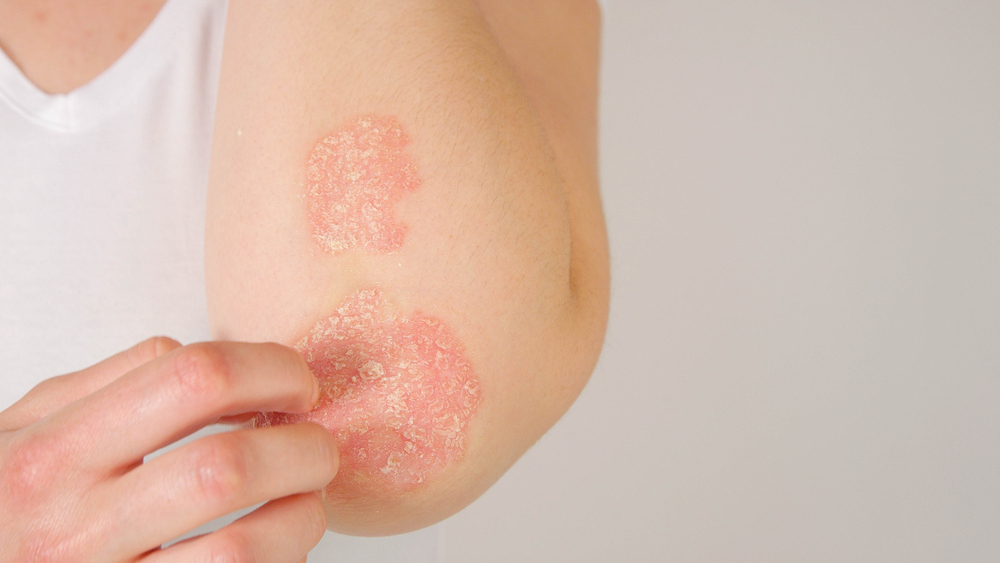
Which Psoriasis Treatments During Pregnancy are safe?
Psoriasis is a skin condition that results in red, itchy scaly patches on knees, elbows, scalp, stomach etc. For pregnant women, psoriasis can be an irritating burden along with sickness, hypertension and other symptoms. Women having mild psoriasis during pregnancy can opt for over-the-counter topicals such as petroleum jelly or mineral oil. It is always important for women who are pregnant, or trying to conceive or breastfeeding to consult their doctor to weigh the benefits and risks of using psoriasis treatments during pregnancy. According to a study, insufficient evidence on psoriasis drugs in pregnant women can make it difficult to determine which medications are safe to take during childbirth. "The decision to treat psoriasis and how to manage the treatment options requires careful consideration during pregnancy because the health of both the mother and the foetus must be taken into account," the authors explained. Many pregnant women with psoriasis may see symptoms that decrease or go away entirely, but others may see symptoms that worsen. As a result, before becoming pregnant, many doctors would encourage patients to seek counselling for their symptoms of psoriasis and attempt to cease therapeutic methods.
Topical psoriasis treatments during pregnancy
For patients with moderate psoriasis, topical treatments in pregnant women such as moisturisers are well tolerated. Calcineurin inhibitors, anthralin/dithranol, salicylic acid, vitamin D analogues, topical retinoids, and coal tar should all be avoided or taken with caution, the authors said. In addition, coal tar has been correlated in animal research with spontaneous abortions, congenital abnormalities and teratogenicity, and is advised to be avoided in humans during the first trimester.
Phototherapy
It is also important to use phototherapy procedures used for mild to moderate psoriasis with caution. While narrowband ultraviolet-B (NB-UVB) and broadband UVB rays have not been shown to cause premature delivery or foetal defects, there are concerns that serum folate levels may be deficient. As a consequence, overheating should be avoided and levels of folic acid should be controlled.
Biologics
In pregnant women, small studies were carried out using biologics that showed no increased risk of low birth weight or birth defects. Researchers and providers are working hard to collect more information about the use of these medications for pregnant and breastfeeding women. However, if a woman experiences extreme symptoms of psoriasis, anti-tumour necrosis factor (anti-TNF) inhibitors appear to be a safe choice during pregnancy. These include etanercept, adalimumab, infliximab, and pegol certolizumab.




















